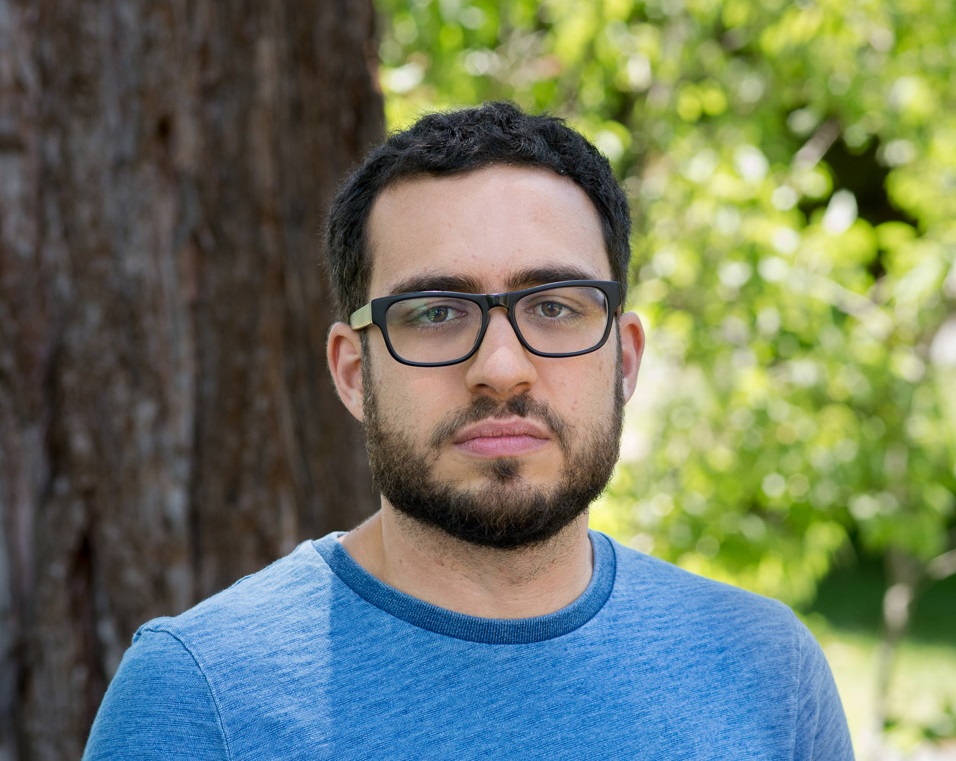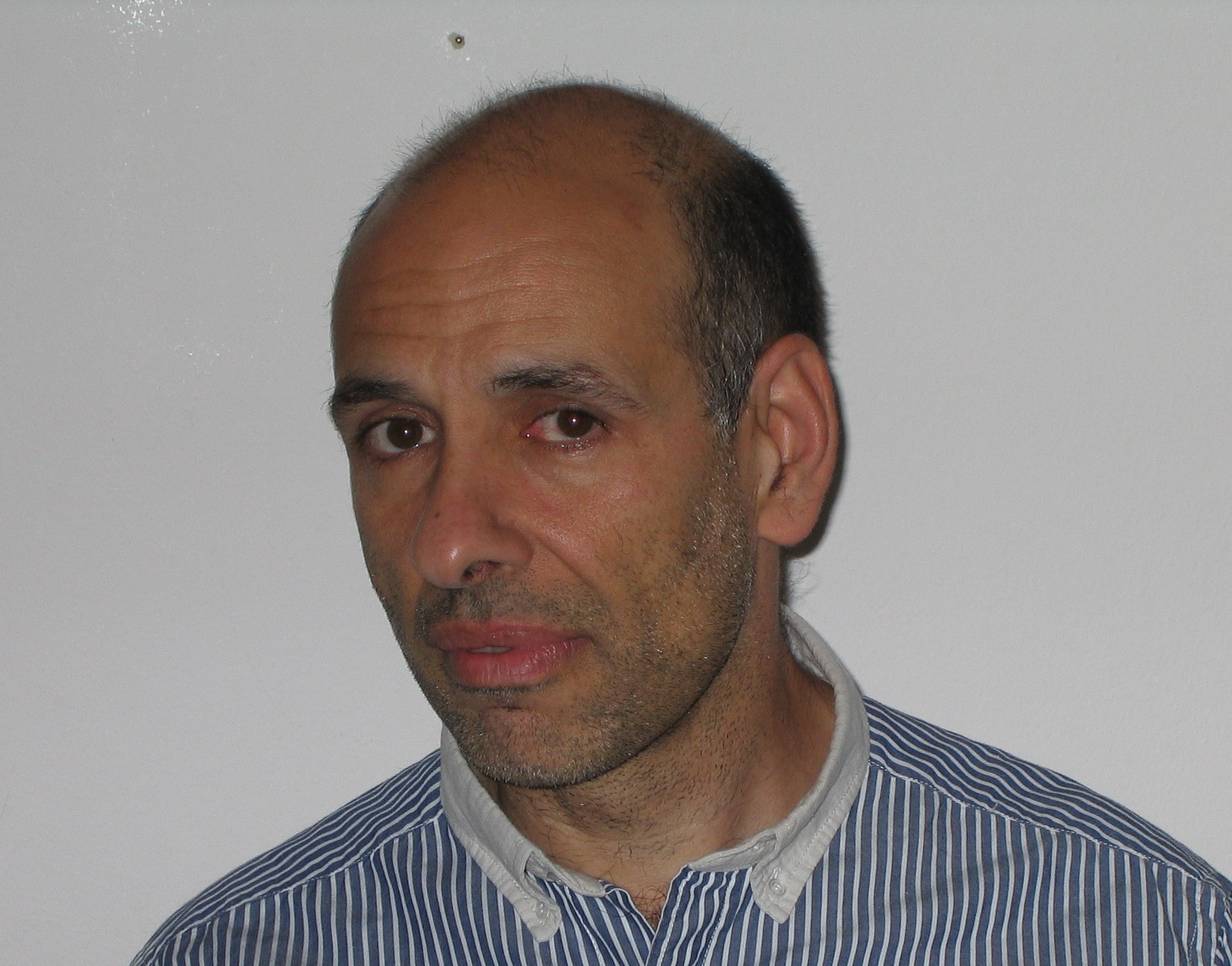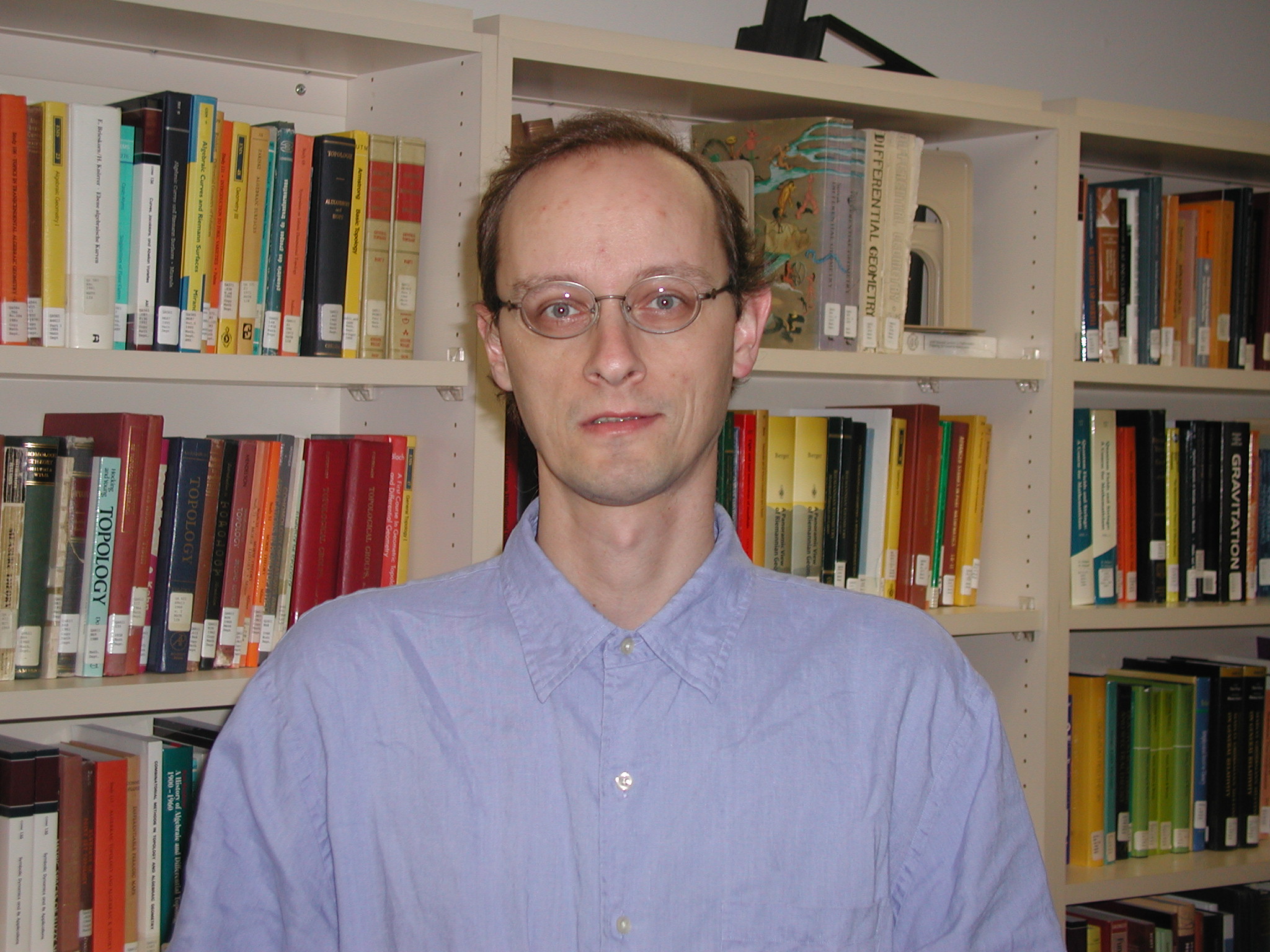
Mini-courses
This school will offer mini-courses designed to rigorously develop
important analytic techniques, within the context of certain
interesting applications, and illustrate how theory is used in
problem solving. The mini-courses will be self-contained, accessible to
graduate students, and describe active areas of current research.
.

Sven Bachmann (The University of British Columbia)
Title: Adiabatic dynamics and linear response theory for many-body quantum systems.Abstract: The main theme of this lecture series is the understanding of the local non-autonomous dynamics of interacting, many-body quantum systems. When the driven dynamics is generated by a time-dependent family of gapped Hamiltonians, and the driving is slow, then an initial ground state is (parallel) transported within the ground state subspace up to controllable errors (adabatic theorem). As an application, we shall discuss a rigorous derivation of Kubo’s formula of linear response theory. If time permits, a proof of quantization of the Hall conductance for such interacting systems will be sketched.
.

Fernando Brandao (Caltech)
Title: Entanglement TheoryAbstract: In these lectures we will cover the fundamentals of the theory of quantum entanglement. Topics include criterion of testing entaglement, distillability, and Bell inequalities. We will also discuss entanglement in the context of quantum many-body systems.
.

Jan Philip Solovej (Københavns Universitet, Denmark)
Title: Quasi-free variational models for bosons and fermions.Abstract: In these lectures we will discuss quasi-free states for bosons and fermions. Restricting to such states leads to variational models that approximate physical systems of bosons or fermions. For bosons this is what we call the Bogoliubov variational model. For fermions it is the Hartree-Fock-Bogoliubov model. We will discuss the mathematical theory of these models and show how they might be used to analyze physical phenomena such as superfluidity and superconductivity.
.

Gunter Stolz (University of Alabama, Birmingham)
Title: Disordered quantum spin chains.Abstract: Spins are the simplest non-trivial example of a quantum particle. Thus quantum spin systems provide some of the mathematically most accessible examples of quantum many-body systems. In particular, they have recently received strong attention in attempts to understand the phenomenon of many-body localization (MBL) in disordered quantum systems. The central task here is to describe and prove the existence or absence of quantum transport in terms of the propagation of group waves through the system. These lectures will have two main objectives. First, we will introduce some of the main concepts available to describe MBL, including zero-velocity Lieb-Robinson bounds and area laws for quantum entanglement, and illustrate them in the example of the disordered XY chain. Then we will discuss recent work establishing MBL in the droplet phase of the disordered XXZ chain, a model where physicists expect a many-body localization transition. Along the way we will mention some of the many open problems which remain.
.